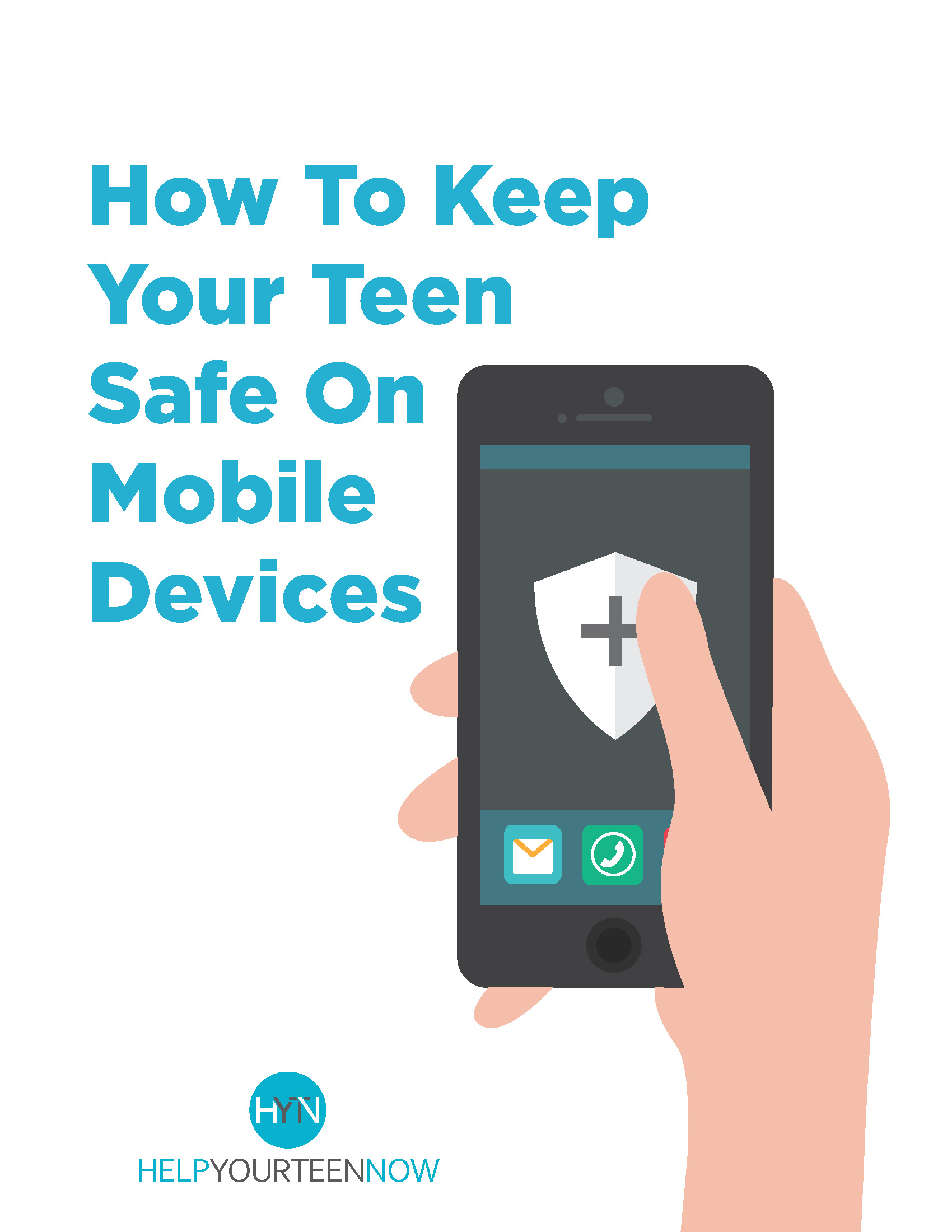As children grow, they consistently need to test the environment around them in order to determine how to respond. This inevitably leads to arguments as they push back on rules, restrictions or sometimes for no apparent reason. While giving in to your child’s every whim can be damaging, constant power struggles won’t get you anywhere either. Knowing how to neutralize an argument with your child can be one of the most valuable skills you learn as a parent.
- Remain Calm – This can be a difficult thing to do, but raising your voice only escalates the situation and hands power over to your child. If he can get you to lose your temper, then he has successfully manipulated the situation whether he realizes it or not.
- Do Not Engage – Arguments can be a productive form of communication as long as they are under control and moving toward a solution. If the conversation degenerates into yelling, name calling or talking in circles, be prepared to shut everything down temporarily. Explain that you are both going to take a step away until you can discuss the matter calmly.
- Be Consistent – Your child will push your buttons as long as he needs to if incessant arguing and nagging has gotten him his way in the past. Make your decision and expectations clear and be prepared to follow through with a consequence if he continues to argue. Make sure you have carefully considered your answer before telling your child “no” since a compromise is sometimes is the best solution for both parties, but deciding that after you have already responded negatively will be counterproductive.
- Answer a Question with a Question – Some children will use questions ceaselessly to wear their parents down while they try to answer in a way that is effective, i.e. “why can’t I play on the computer anymore? Why do we have this stupid rule?” Put a stop to the debate by reflecting your child’s feelings and turning the question around, “you seem upset, why do you think we ask that the computer gets turned off at the same time every day?” This technique puts the ball in his court, while reinforcing the rules you have set. Lengthy explanations are likely to be lost on an angry child who is busy thinking up his next response.
- Admit When You Are Wrong – Although it is humbling, it can also be helpful to admit to your child that you got angry about the wrong thing or jumped to the wrong conclusion. A child who sees that his parents are willing to admit their mistakes is more likely to trust their verdict in future arguments. Mistakes here and there will be inevitable, but you should carefully consider your side of every discussion, so you aren’t backtracking often enough to make your word meaningless.
When you argue with your child, you are not only handling the day to day issues, you are also teaching him how to resolve conflict. Successfully resolving arguments openly will give your child an example to model and hopefully help him learn to deal with challenges more effectively, while developing more peace at home.











0 Comments